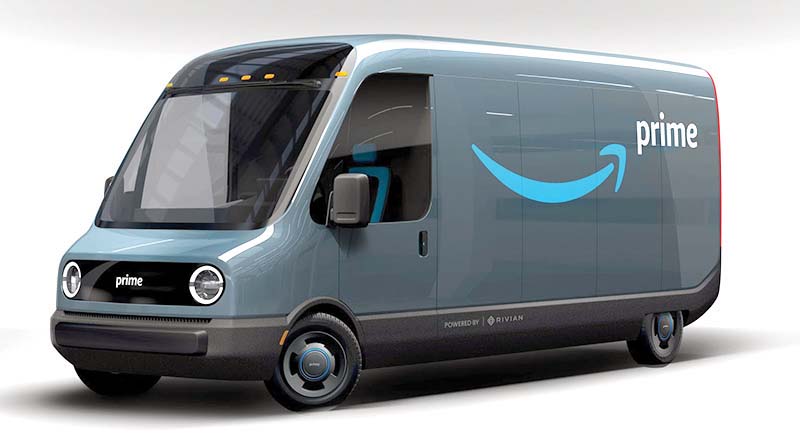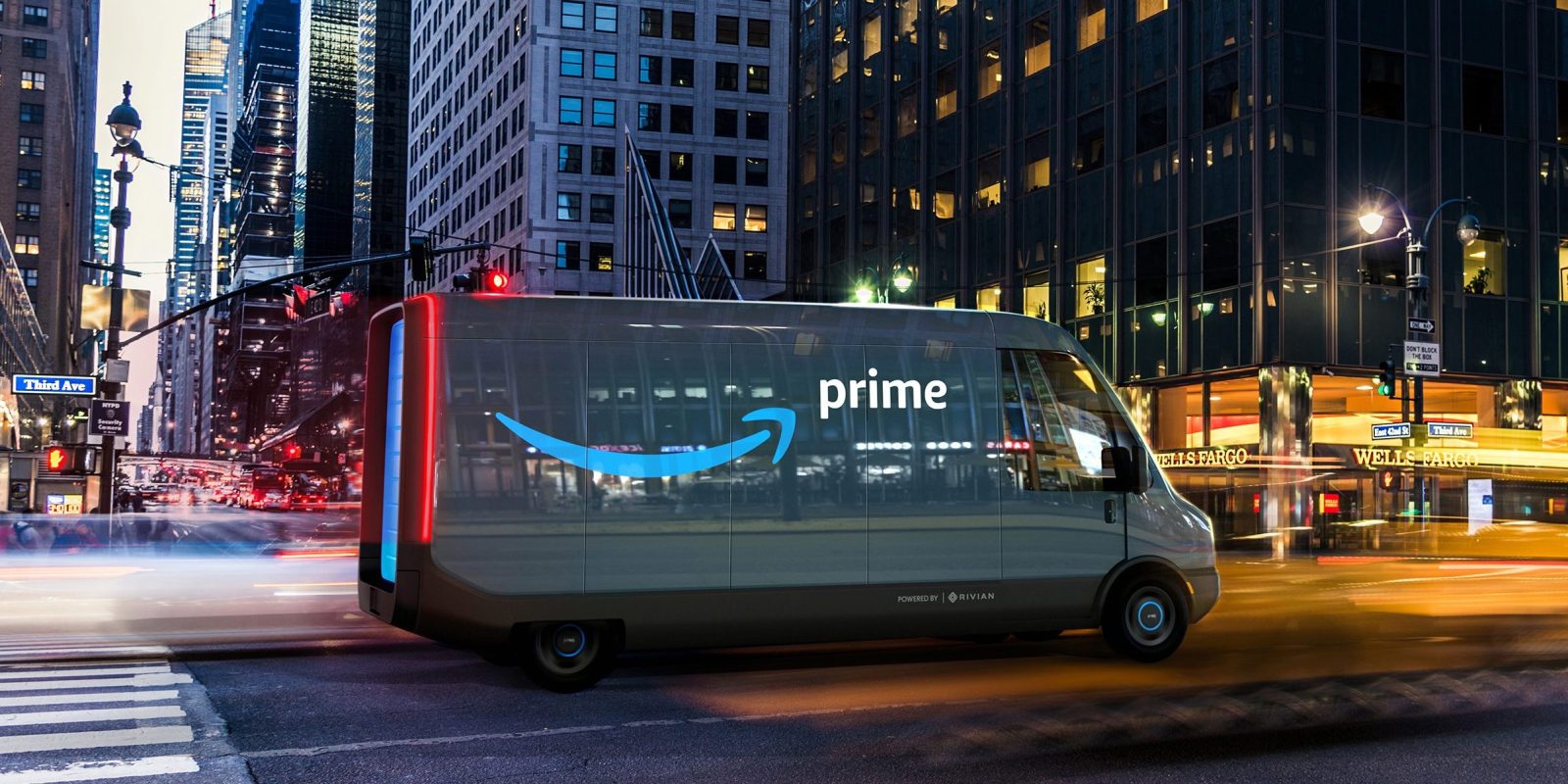Amazon is no stranger when it comes to Rivian’s financing rounds. The American multinational tech company invested $700 million into Rivian in early 2019. Now, Amazon is one of the giants included in Rivian’s latest $2.5 billion funding round in hopes of accelerating its path to zero-emissions logistics domination.
VP and analyst with Gartner’s Automotive and Smart Mobility division, Michael Ramsey, said in an interview “For Amazon this creates a potential to do even greater vertical integration and create a new kind of system, where they have a bespoke automobile for their purposes.” Ramsey added “It’s very interesting from that perspective.”
With Amazon’s investments, CEO Jeff Bezos has ordered 100,000 electric delivery vans from the EV startup, pushing Rivian up the ranks as far as EV startups.
In lieu of Rivian’s massive investments, major backers, and the fact that it already has its own manufacturing plant, it seems as though it has a solid foundation to become one of the markets most successful electric vehicles manufacturers.

Recently, it was announced that Amazon would speed up its efforts to power its operations with renewable energy by up to five years (2025). The company plans to be carbon neutral by 2040. In June, Amazon announced a $2 billion investment fund focused on “sustainable and decarbonizing technologies” with transportation and logistics high on the list of priorities. Amazon increased its investment in Rivian just one month later.
“Amazon has a vested interest in securing its future as a sustainable (ultimately carbon neutral) logistics platform,” wrote Morgan Stalney in a research note commenting on last Friday’s Rivian raise. “In our opinion, Amazon is in a position to take significant steps to push the adoption of zero-emission and sustainable technologies in its ecosystem, and this has driven the company’s investment [in Rivian.]”
Former Amazon executive, Brittain Ladd believes the Seattle based tech company is being pressured by the increasing e-commerce demand. However, this theory depends solely on the electric SUV and pickup market. “Amazon definitely sees the value in Rivian as a manufacturer of vans for Amazon in addition to Rivian’s consumer business.” Ladd added that a Tesla partnership with an original equipment manufacturer would reduce Rivian’s value. In turn, potentially causing Amazon to put a hold on possible Rivian acquisition.
Amazon’s recent purchase of the self-driving electric vehicle startup, Zoox proves that Amazon is not against acquiring companies outright to give it the logistic capabilities it needs.

